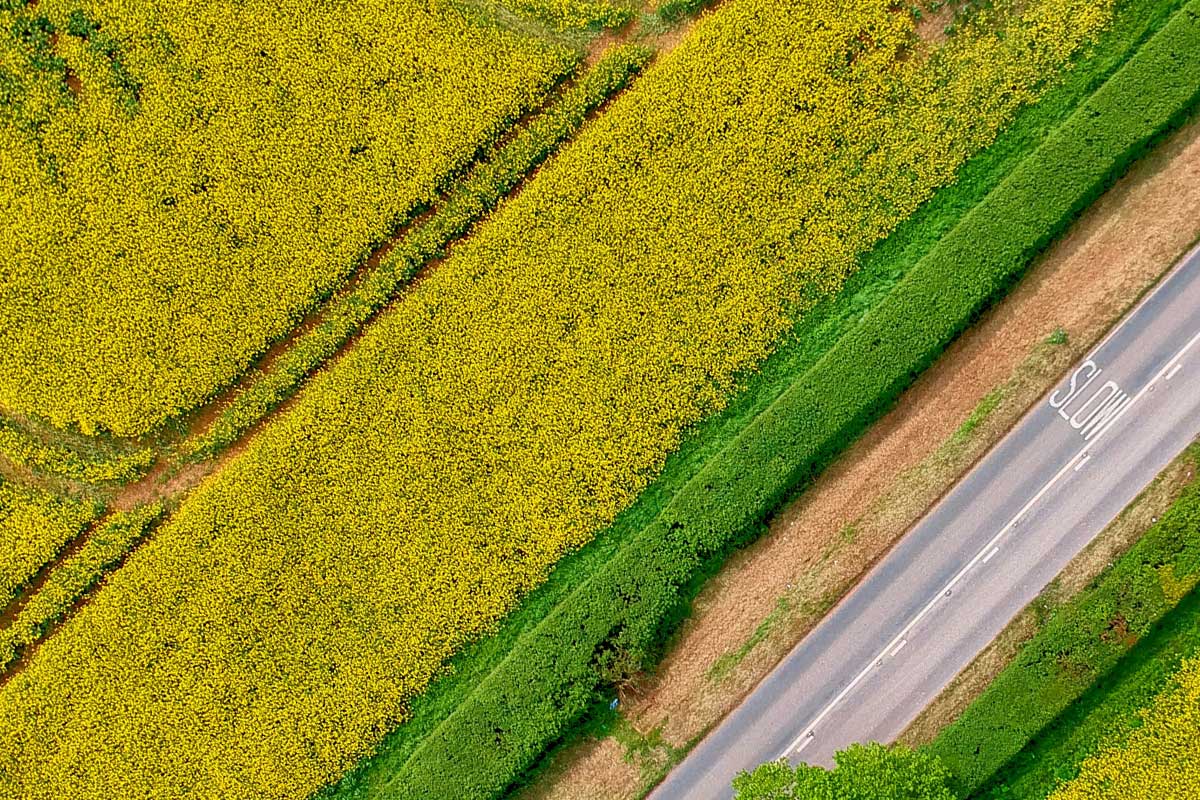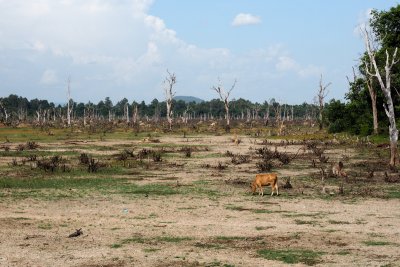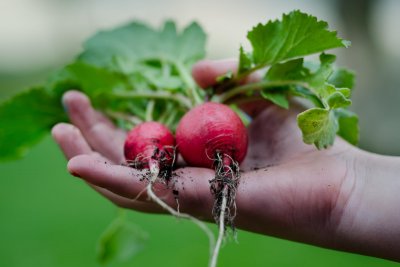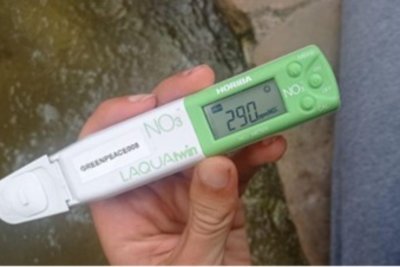Our food is responsible for 20-30 percent of emissions globally. If we also consider the threat of future zoonotic diseases, habitat loss, and antibiotic resistance, our food system is probably the single biggest risk to the health of our planet.
We have it within our power to create a food system that will nourish the planet’s population and allow nature to recover. Our leaders must make climate and nature-friendly farming, food production and diets the norm. This means making more food in a way that matches a sustainable diet, and good, real food must be accessible, affordable and promoted.
Why is this important?
The UK has a legal obligation to achieve net zero emissions, and an international commitment to keep warming below 1.5 degrees. In addition, all the devolved nations and two thirds of councils in the UK have declared a climate emergency. But there are not adequate plans to deliver the change needed yet.
At the moment, our diets contain too much meat and not enough fruit and vegetables, pulses and oily fish – bad for our health and bad for the planet. At the same time unsustainable farming and fishing are the key drivers of species extinction across the world.
Our diets aren’t just about personal choice - the food we eat depends on the options presented to us every day, how much they cost, and how attractive they are. Local and national leaders have an enormous opportunity to shape the food we eat and how it is produced, starting with the food served in public sector institutions and the food grown and produced in the UK.
A climate-friendly diet is also very good for our health; high in fruit and vegetables and low in meat and dairy, and low in ultra-processed food like sugary drinks. Our diets should also support seasonal, local produce and can include ‘better’ meat, fish and dairy, like organic, pasture-raised and certified sustainable.
“It is time to take the impact of our diets on the climate and nature emergency seriously. It is incredible that the government, and two thirds of councils have committed to addressing the climate and nature emergency, but now our leaders must put food at the heart of doing so.”
Ruth Westcott, Sustain Campaign Coordinator for Sustainable Fish and Climate and Nature Emergency
What we're fighting for today
A climate and nature-friendly food system to support jobs, enterprise and wellbeing.
Inclusion of food in local and national government commitments to address the climate and nature emergency.
Public sector food to be the leader in low-carbon diets.
Drive from local and national leaders to ensure sustainable food is grown and produced in the UK; including allotments, community growing spaces, farms, fisheries and orchards.
Our campaigns:
The Climate and Nature Emergency campaign is aiming to make food a key part of climate and nature policies and action plans, at a local and national level.
Food and Farming Policy campaign put agro-ecological farming, procurement, land-use and sustainable diets on the agenda of decision-makers at local and national level.
950 million meals served by caterers committing to sustainable fish in 2019 thanks to Sustainable Fish Cities.
Capital Growth and Good To Grow, last year community gardens harvested 225K meal portions, and 32 out of 33 London boroughs now support community food growing.




